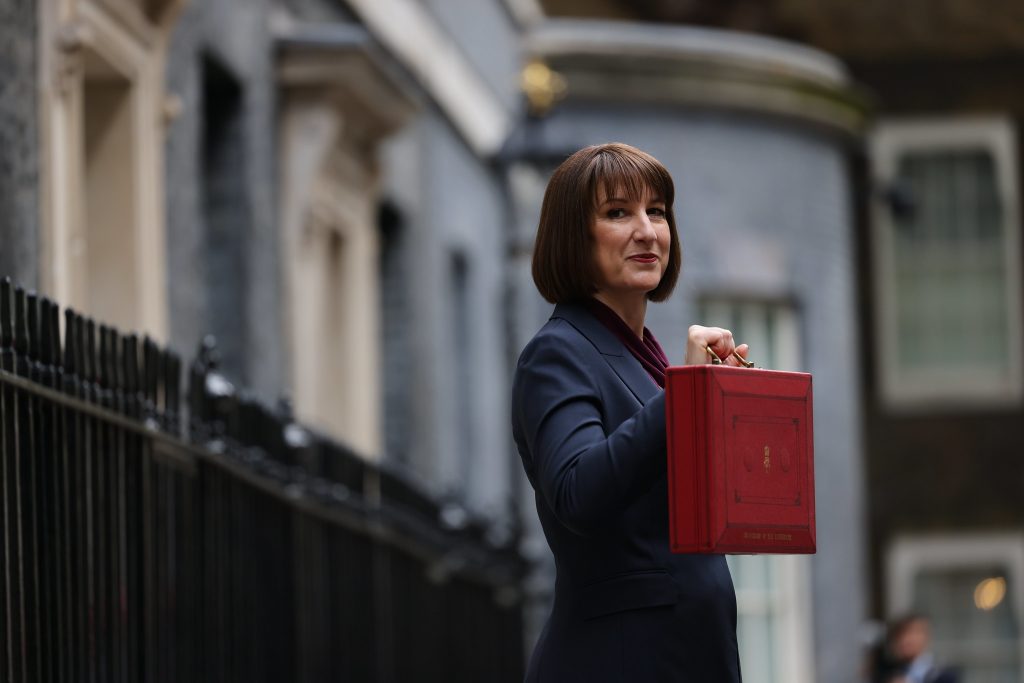
While the threat of a capital gains tax hike was weighing heavy on the minds of UK landlords in the run up to the recent Budget, the increase in stamp duty on second home purchases is far less of a concern. This is according to the latest market insight from London lettings and estate agent, Benham and Reeves.
The survey found that around one in five landlords (19%) had put their buy-to-let investment plans on hold in the run up to the Autumn Statement, with the threat of a capital gains tax increase being the reason for this hesitation.
Some 22% of those surveyed stated that had the government chosen to increase capital gains tax on residential property investment, they would have reduced the size of their portfolio. In fact, of the 22%, 10% stated they would have exited the sector altogether.
The feared increase to capital gains tax never materialised and, as a result, 84% of landlords surveyed by Benham and Reeves plan to remain within the buy-to-let sector without making changes to their investment portfolio over the next 12 months, whilst a further 4% expect to increase their portfolio size and just 12% plan to reduce it.
However, whilst landlords weren’t hit with a capital gains tax hike, they have seen an immediate 2% increase in the stamp duty owed on second home purchases.
Of those landlords who stated they will now look to increase their portfolio, around half (47%) said they will not expand it as much as previously planned due to the second home stamp duty hike, whilst 53% will press on undeterred.
Of the vast majority who plan to maintain their portfolio size, just 11% said that they had planned to increase it but have been deterred by a second home stamp duty hike.
Commenting on the survey findings Benham and Reeves director Marc von Grundherr, said: “It’s clear that whispers of a capital gains tax hike in last week’s Autumn Statement were a considerable concern for around one in five landlords and, had they come to fruition, we could have seen a worsening of the current rental crisis as more landlords chose to call time on their buy-to-let investment.
He added: “The fact it didn’t materialise has been well received, not just by domestic landlords, but also foreign investors, who are more than happy to pay as it only applies to the net profit they generate. When you also consider that this rate has actually been reduced from the previous rate of 28%, many actually view themselves as better off in the current market.
Grundherr said it was clear that whilst they didn’t escape completely unscathed, a two percent hike in second home stamp duty costs was a slightly bitter but manageable pill to swallow.
“The buy-to-let sector remains one of the safest and most consistent avenues of investment despite the government’s best efforts and the vast majority of landlords continue to recognise this. The additional upfront cost now required by way of stamp duty is one that can be mitigated within a very short time period and so we don’t believe it will have much of a detrimental impact on the rental sector.”



